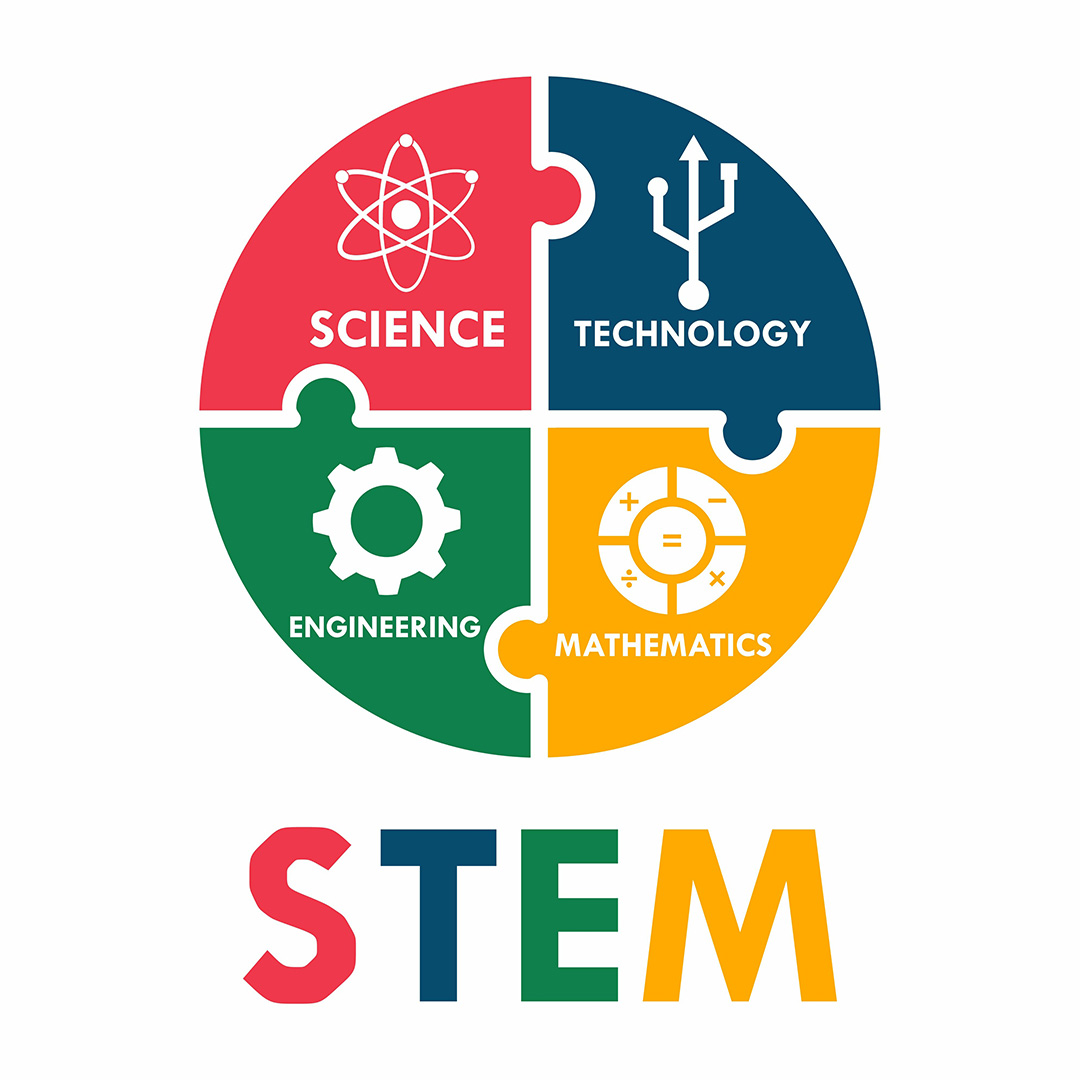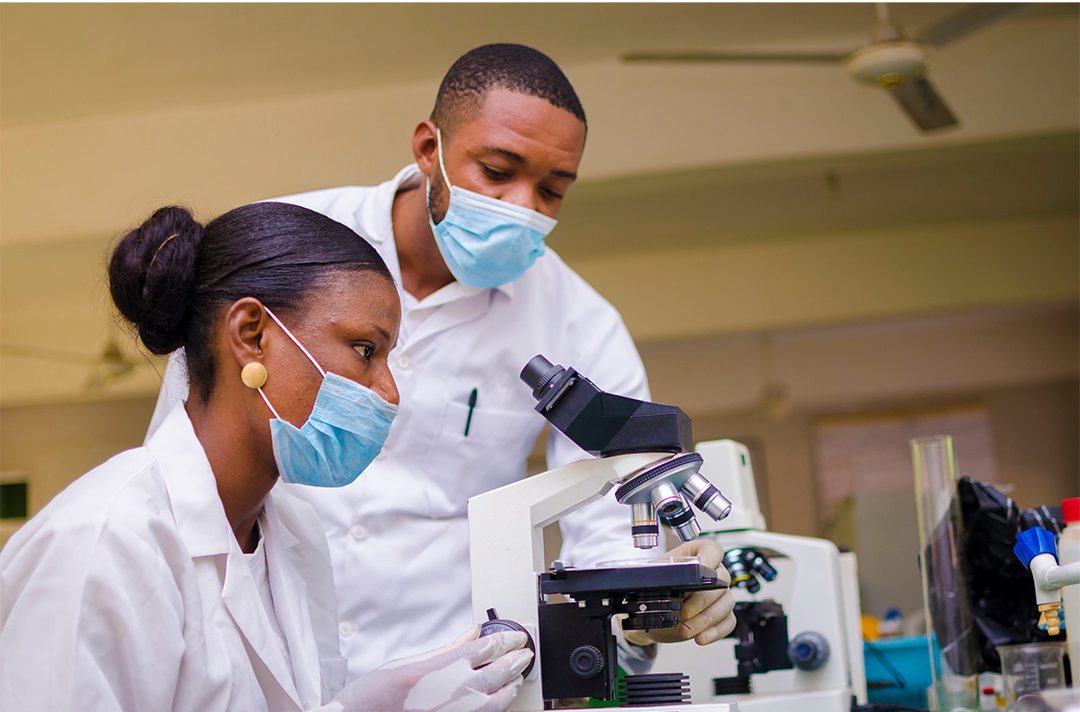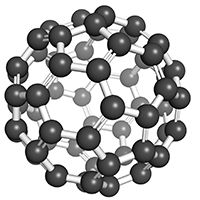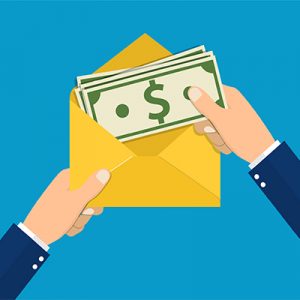Application deadline is February 10, 2020!
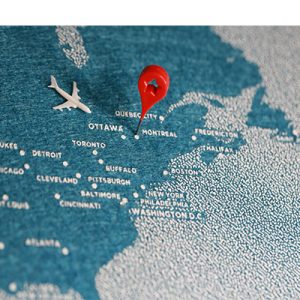
237th ECS Meeting, May 10–14, 2020
Montréal, Canada
The 237th ECS Meeting is co-located with the 18th International Meeting on Chemical Sensors (IMCS 2020), in Montréal, Canada, from May 10–14, 2020. The deadline to submit travel grant applications is February 10, 2020.
Many ECS divisions and sections offer travel grants to undergraduates, graduate students, postdoctoral researchers, and young professionals and faculty presenting papers at ECS biannual meetings. See who is offering ECS division and section travel grants—and their specific requirements.
Student/postdoc and young professional/early career electrochemists who submitted abstracts for the 237th ECS Meeting are encouraged to apply for travel grants. Review the application requirements for your particular division or section, then contact travelgrant@electrochem.org with any questions or concerns.
Apply now so we see you in Montréal in May!
NOTE: Applicants may only apply for a travel grant from one division.
 The U.S. National Science Foundation (NSF) issued a new Dear Colleague Letter (DCL) encouraging Minority Serving Institutions (MSIs) to submit proposals for new Centers of Research Excellence in Science and Technology (CREST Center) addressing the social, political, cultural or cognitive dimensions of “advancing emerging technologies.”
The U.S. National Science Foundation (NSF) issued a new Dear Colleague Letter (DCL) encouraging Minority Serving Institutions (MSIs) to submit proposals for new Centers of Research Excellence in Science and Technology (CREST Center) addressing the social, political, cultural or cognitive dimensions of “advancing emerging technologies.” 


